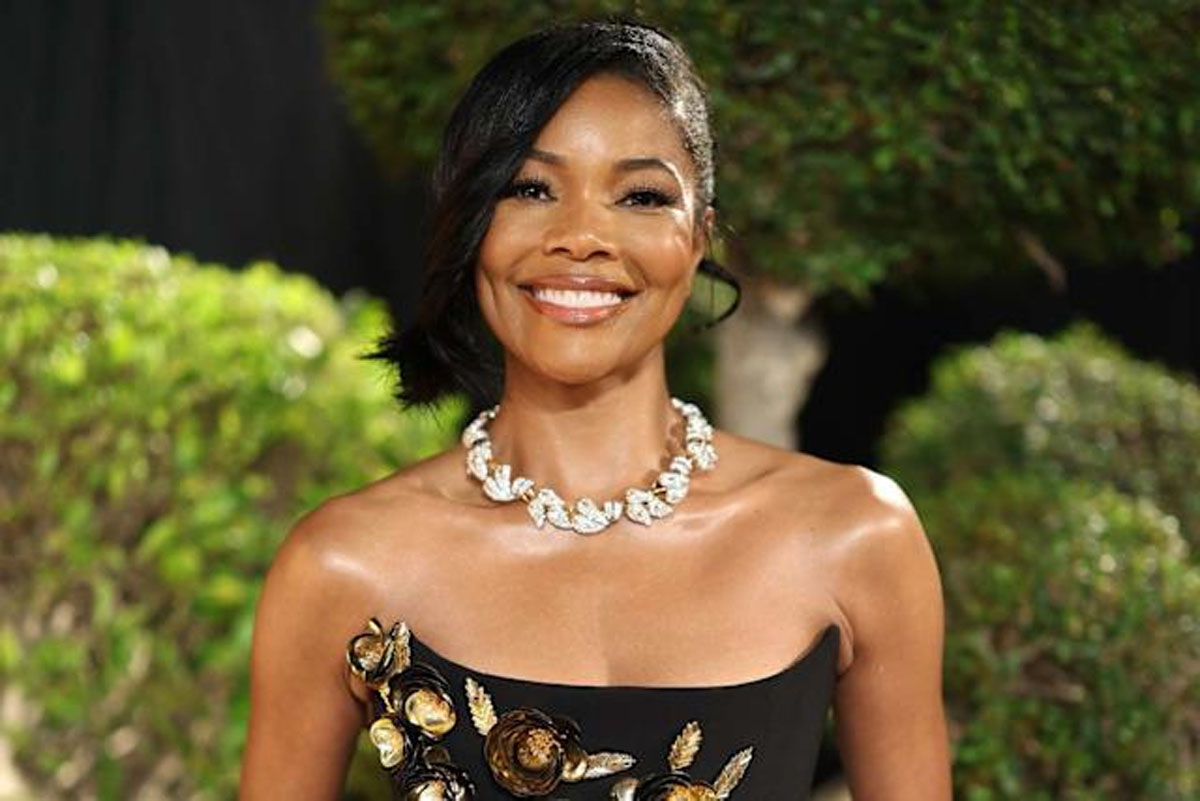
Photo Credit:Cindy Ord/VF25/Getty
Gabrielle Union has never shied away from discussing difficult topics, and one issue she’s highlighting is the unrealistic and unfair beauty standards imposed on Black actresses in Hollywood.
In the new documentary Number One on the Call Sheet, Union, 52, joins fellow Black A-listers Angela Bassett, Halle Berry, and Viola Davis to reflect on both the victories and struggles they've faced in their careers. In the second episode, Black Leading Women in Hollywood, directed by Shola Lynch, Union openly discusses how the industry has often failed to recognize Black beauty—an obstacle that has kept many Black actresses from landing leading roles.
"When you have a more coarse grade of hair, when you have melanin, a wider nose, fuller lips, you’re not considered a classic beauty," Union explains. "I started feeling invisible, like my beauty wasn’t wanted. As a romantic lead? No."
These words may seem surprising coming from one of Hollywood’s most stunning stars, yet Union’s looks and talent didn’t initially open doors to the same opportunities that her white contemporaries—like Amy Adams, Jennifer Garner, and Gwyneth Paltrow—received early in their careers. Instead, she was typecast in supporting roles, starting with her breakout part as the sidekick in the 1999 teen rom-com She’s All That.
"My look was appealing enough, but not so overpowering that it overshadowed the white lead," Union reflects. The documentary highlights this dynamic by displaying a script excerpt from 10 Things I Hate About You, in which Union played Chastity Church. The scene describes Bianca Stratford, played by Larisa Oleynik, as "a beautiful sophomore" while referring to Union’s character as "her less extraordinary, but still cute friend."
Union recalls how this pattern repeated throughout her early career: "I was the perfect person to be ‘the friend,’ just left of center of this white girl," she says before correcting herself. "These girls—because there was a series of them. 10 Things I Hate About You, She’s All That, then Bring It On the following summer. That was my bread and butter for a long time—the bitchy, sassy friend."
Though she continued to secure solid roles, many remained supporting parts. However, she later took the lead in the BET drama series Being Mary Jane (2014–2017), where she played the titular character.
Director Shola Lynch acknowledges the significance of capturing the experiences of Union and her peers in the documentary: "These women represent a singular generation of Black leading actresses—some of the best of the best," Lynch says. "And I had the great opportunity and responsibility of capturing all of their greatness into one documentary—talk about pressure."

















